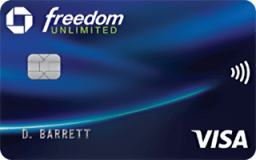A certificate of deposit (CD) account is a savings account that holds a fixed amount of money for a fixed period, typically at a higher interest rate than regular savings accounts. The issuing bank or credit union pays interest on the deposit until the CD reaches its maturity date.
If you hold your CD until maturity, you’re guaranteed your initial investment plus interest. But if you withdraw before the term ends, a penalty usually applies. CDs are ideal if you want to securely save a lump sum and don’t require immediate access to those funds.













